We have been fortunate to publish an incredible range of military history memoirs since we first began our General Military and General Aviation series. Aside from being insightful and emotive, each memoir is intrinsically very personal, and each captures a unique perspective on an aspect of military history. Sharing these throughout the years has been a privilege for us, and so, we thought we'd end our 50th year by highlighting some of our recent memoirs that you may have missed.
|
Run to the Sound of the Guns by Nicholas Moore & Small-arms fire continues to batter the alley and the compound. I make my way out the muffled warning of ‘grenade.’ The alleyway erupts; shrapnel promises more pain and death. Moans puncture the night, moans from my guys, my assault squad, my brothers. For nearly a decade, Nicholas Moore served with the US Army’s 75th Ranger Regiment at the leading edge of America’s War on Terrorism. He served in Afghanistan and Iraq, participated in the rescue of Private First Class Jessica Lynch, and experienced brutal street combat. Run to the Sound of the Guns is the compelling and deeply personal account of a husband and father who nearly lost his life ‘leading the way’ in America’s secretive global wars |
|
Snapdragon by Liesl Bradner Our training period is about over. We’re ready for something big. It’s not official and Colonel Darby hasn’t taken me into his confidence to let me know the lowdown. But we all know it, feel it. There’s something in the air. Even the Arzew sand dunes sort of whisper it. It’s a hard thing to explain. Maybe it’s because a military group develops a sensitivity as though we are molded into a compact gang of guys, all the same ideas and thoughts. Prior to Phil Stern's death in 2014, his original, unfinished, tattered wartime memoir was discovered, stashed away in an old folio box in his cluttered Hollywood bungalow. Best remembered for his iconic images of Hollywood stars, his remarkable service during World War II as a combat photographer with Darby's Rangers has remained largely unknown. Until now. |
|
No Ordinary Pilot by Suzanne Campbell-Jones He released the pin of his safety harness so he could get free of the aircraft. He felt the harness go. The buffeting slipstream sucked him out. Out over the cockpit and over the tail of his plane. His aircraft went on crashing downwards. He felt for the ripcord on his parachute. It opened immediately. He was swaying some 800ft above the ground. Six months after joining the RAF, aged 19, Bob Allen was flying a Hurricane in dog fights, and was later one of the first over the Normandy beaches on D-Day. On 25 July 1944 Bob was shot down and spent the rest of the war in a POW camp, where he was interrogated by the Gestapo and imprisoned in the infamous Stalag Luft 3 before being liberated by the Russians. No Ordinary Pilot is Bob's memoir, written by his daughter Suzanne. |
|
The Regiment by Rusty Firmin It took about 16 minutes to get everyone in position and ready to initiate. As soon as we reached our assault position, I reported in that Bravo One and the rest of the Bravo callsigns with me were in position and ready to go, and listening in on the net I could hear the other team leaders doing the same. Suddenly, Major G came up again: ‘Go! Go! Go!’ This was followed immediately by a huge explosion as the distraction charge was set off by Frank Collins up on the roof and the whole area seemed to rock as the blast wave rushed past The Special Air Service (SAS) has won renown in some of the most dramatic and dangerous military special operations. In The Regiment, one of its longest-serving veterans offers a glimpse into the shadowy world of the SAS, featuring 15 years-worth of incredible combat experiences, including the assault of the Iranian Embassy in London in May 1980. |
|
Helmand to the Himalayas by David Wiseman I shouted over to the guy in Pashto. He couldn’t hear me over the noise of the fight, so I took aim and sent two 5.56mm rounds in his general direction. I aimed at the soft ground to the right-hand side of him. This did the trick. He experienced the sickening sensation of the sharp whip-crack that explodes in your head when rounds unexpectedly pass very close. It’s not like in the movies where people stand around unflinching when the rounds begin to fly. You have an involuntary primeval reaction: you either hit the deck or run for cover, and this guy ran like the wind. David Wiseman was the first soldier on the scene of one of the most devastating attacks on British soldiers in Afghanistan. Only a few weeks later, David was once again fighting shoulder to shoulder with his Afghan allies, but this time would leave the battlefield with a Taliban bullet lodged inches from his heart. Helmand to the Himalayas is the dramatic story of his journey in combat, his agonising battle with physical injuries and psychological demons and his life affirming recovery as part of a pioneering mountaineering team. |
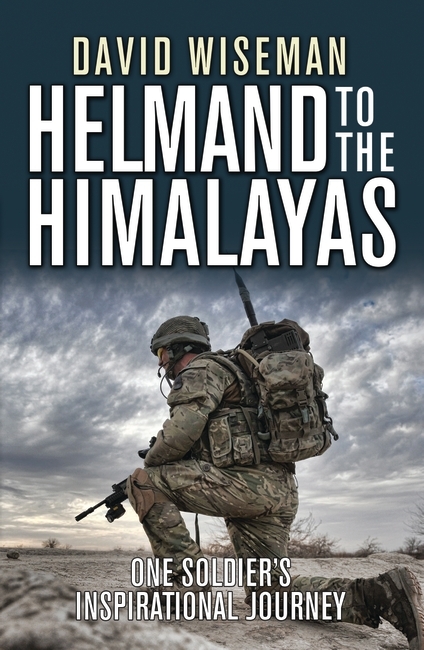 |
|
The Boys of '67 by Andrew Wiest The bullet didn’t really hurt at first. In my hand at the time I couldn’t even feel a thing. My chest gave me a funny feeling all over like you are going to die. It kind of knocked the wind out of me and my body felt numb all over. Then finally it started to hurt and breathing was a little hard, but I was so scared. The blood was running all over the ground into a little water that was there and finally the water was all red... I just had to lie there because no one could help me because the VC were shooting right over my head and I was too much in the open. So I just kept yelling for help, and they were behind cover watching me. There was nothing they could do at the time. Unlike the vast majority of other companies in the US Army, the men of Charlie Company were a close-knit family. This is their story. From the joker who roller-skated into the Company First Sergeant's office wearing a dress, to the nerdy guy who would rather be off somewhere inventing computers, and the everyman who just wanted to keep his head down. Written by leading Vietnam expert Dr Andrew Wiest, The Boys of '67 recalls the horrors of battle through the recollections of the young men themselves. |
Which of these have you read? Do you have a favourite military history memoir? We'd love to hear your picks in the comments!

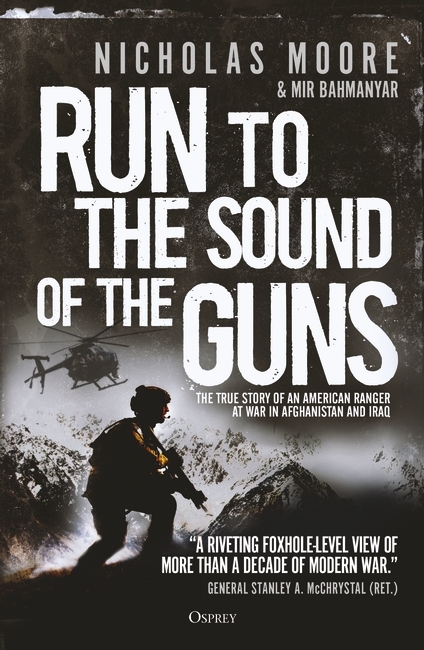
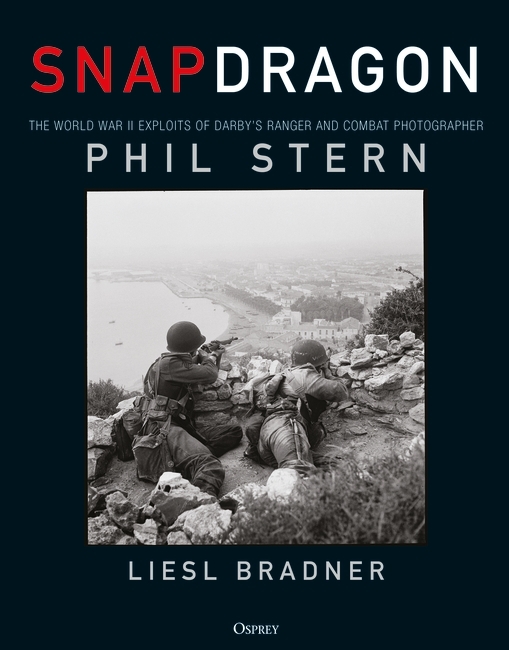
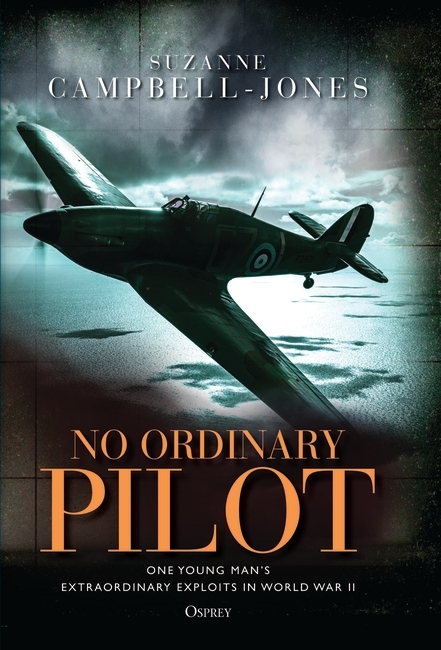
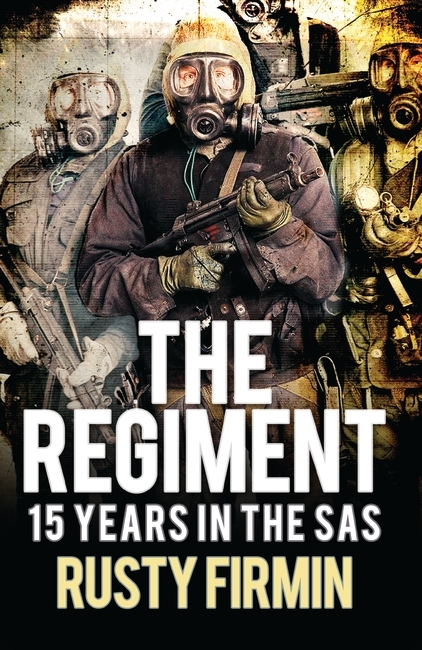
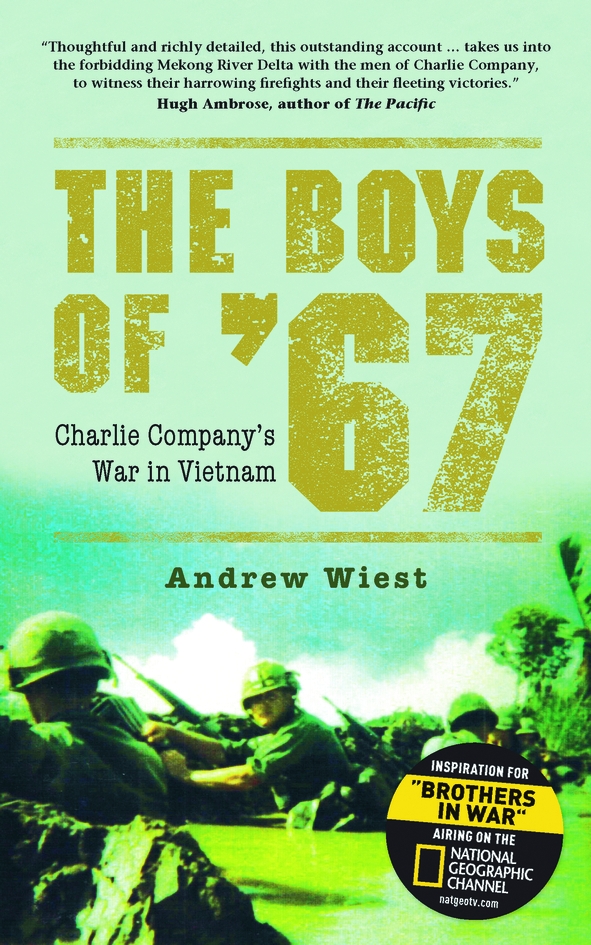
Comments
You must be logged in to comment on this post. Click here to log in.
Submit your comment